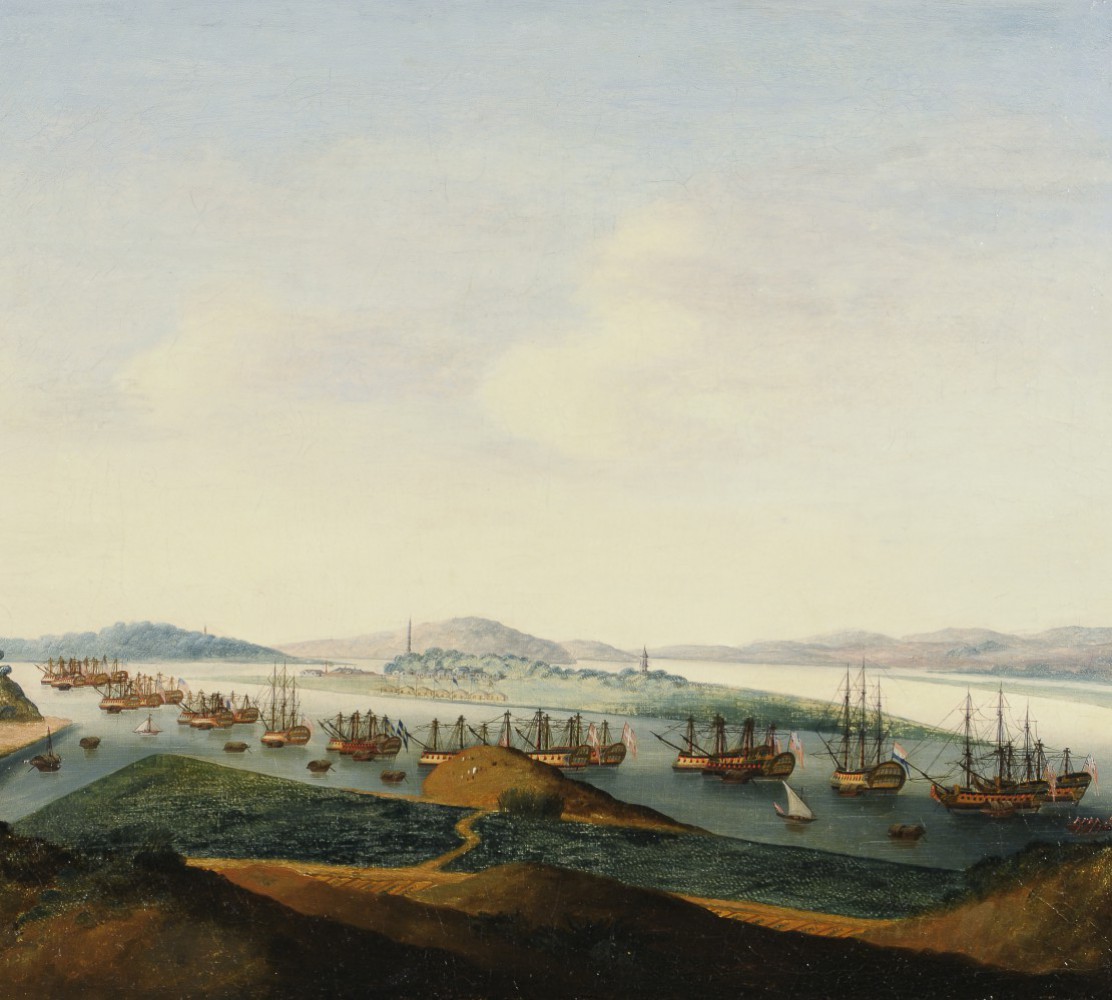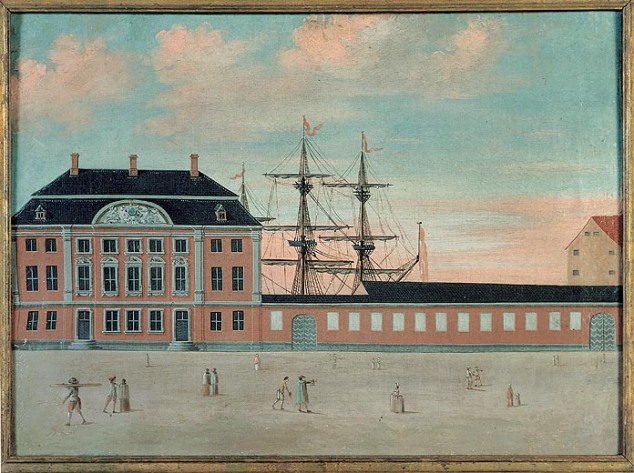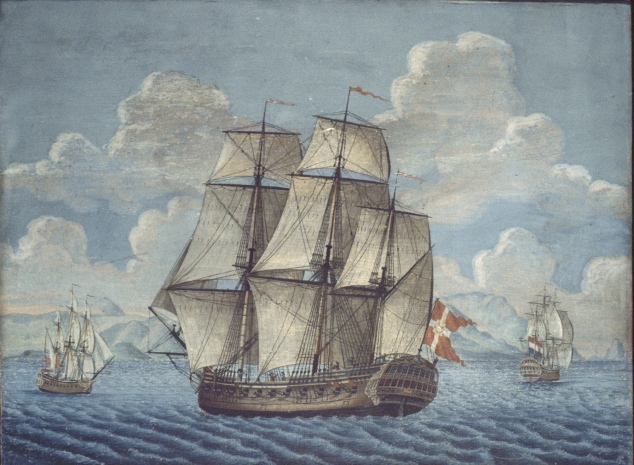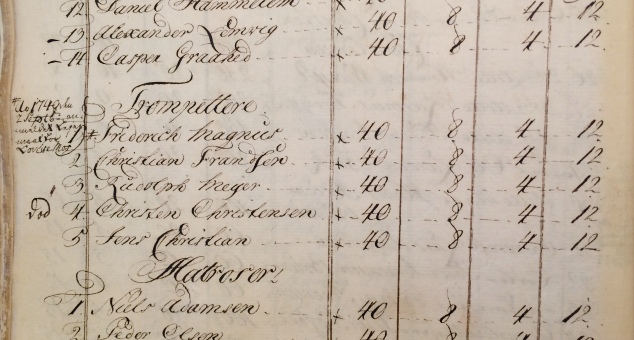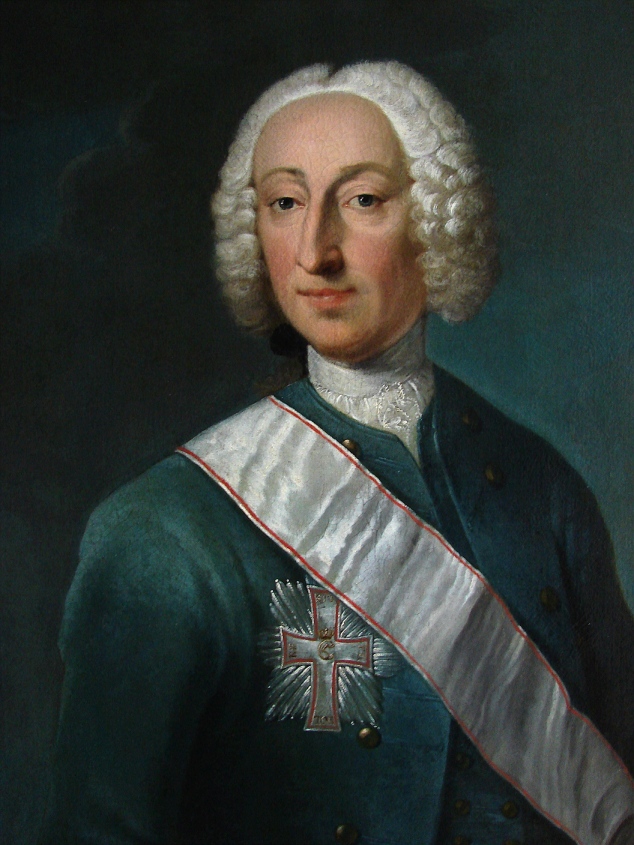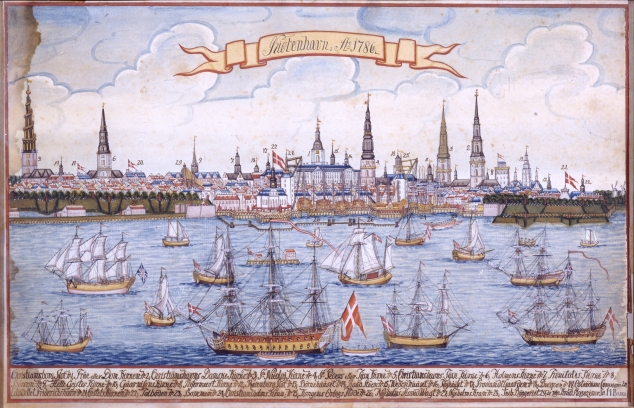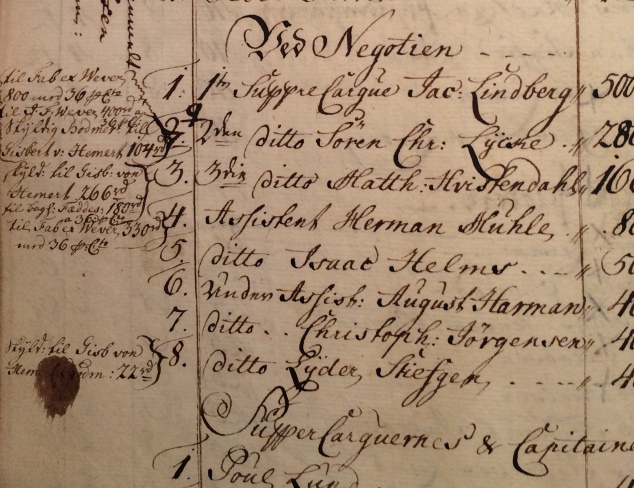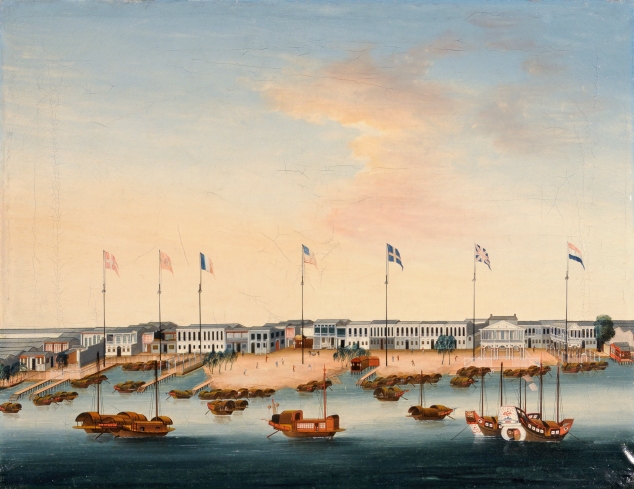 Being a historian means travelling a lot, although primarily in the dimension of time. By working long enough with a topic, place or person, a feeling of familiarity arises, one a feeling of having actually visited the places or met the persons arises, even though the only contact has been through images and text.
Being a historian means travelling a lot, although primarily in the dimension of time. By working long enough with a topic, place or person, a feeling of familiarity arises, one a feeling of having actually visited the places or met the persons arises, even though the only contact has been through images and text.
But there is still value to travlling in person and experiencing the places where the historical events took place.
